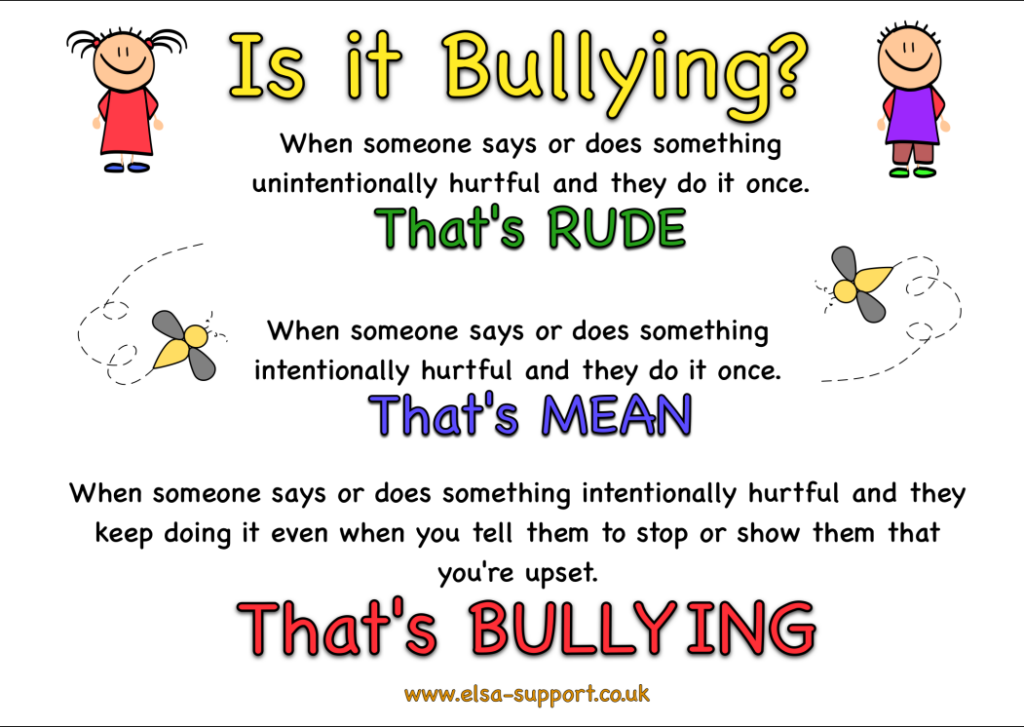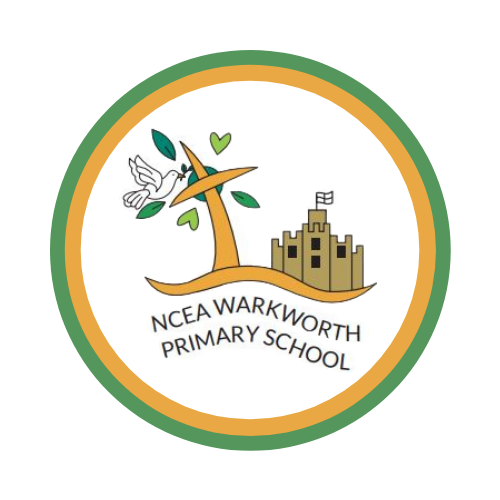SEND
Children and young people with special educational needs and disabilities (SEND) all have learning difficulties or disabilities that make it harder for them to learn than most children and young people of the same age. These children and young people may need extra or different help from that given to others.
Many children and young people will have SEN of some kind at some time during their education. Early years providers (for example, nurseries or childminders), mainstream schools, colleges and other organisations can help most children and young people succeed with some changes to their practice or additional support, but some children and young people will need extra help for some or all of their time in education and training. Children and young people with SEN may need extra help because of a range of needs. The 0-25 SEND Code of Practice sets out four areas of SEN where children may need support:
Communicating and interacting – for example, where children and young people have speech, language and communication difficulties which make it difficult for them to make sense of language or to understand how to communicate effectively and appropriately with others.
Cognition and learning – for example, where children and young people learn at a slower pace than others their age, have difficulty in understanding parts of the curriculum, have difficulties with organisation and memory skills, or have a specific difficulty affecting one particular part of their learning performance such as in literacy or numeracy.
Social, emotional and mental health difficulties – for example, where children and young people have difficulty in managing their relationships with other people, are 8 withdrawn, or if they behave in ways that may hinder their and other children’s learning, or that have an impact on their health and wellbeing.
Sensory and/or physical needs – for example, children and young people with visual and/or hearing impairments, or a physical need that means they must have additional ongoing support and equipment Some children and young people may have SEN that covers more than one of these areas.
How do we support SEN in our school?
NCEA Warkworth C of E Primary is a fully inclusive school which provides quality education for primary-age children of all abilities in line with the Local Offer established by Northumberland County Council to support those with additional needs across education, health and care.
In school we use a variety of different ways to assess whether a child or young person has special educational needs. Some of these ways include:
- Observations
- School based test result
- Information from parents and carers
- Information from the child or young person
- Specialised assessments carried out by members of the support services/li>
- Information from previous schools or settings
- Results from end of key stage assessments
- Discussions with adults who work with the child or young person
Once a child or young person is identified as having a special educational need, a graduated approach to support is taken. The child or young person’s needs will first be assessed, then support will be planned, carried out and then reviewed. At the review, any necessary changes will be made.
You can view our SEN and Accessibility policies on the Policy section of our website.
Monitoring SEND pupils’ progress
Our school has an open-door policy to families ensuring we are always approachable so parents feel involved in the education of their child. In addition, our school aims to regularly involve parents in the education of their child through a variety of different ways including:
- Regular meetings with SENCO, class teacher and support staff
- Target setting at parents’ evenings, so parents/carers can see what their child is working on next
- Regular school newsletters to inform parents of what will be going on during the term
- Facebook and Class Dojo that provides weekly updates
- Information on the school website
- Parents’ evenings
- Parent/carer drop-ins/ themed activities and events
- Further information on parents’ groups.
For further information on Special Educational Needs: please contact Mrs Faye Morris (SENCo) or Mr Jonathan Booth (Headteacher).
MENTAL HEALTH AND WELLBEING
At Warkworth Church of England Primary, we regard positive mental health as the very cornerstone of flourishing—enabling every member of our community to approach life with curiosity, resilience and purpose. When mind and heart are well-nurtured, we are better equipped to engage wholeheartedly in our learning, unlock our God-given potential, choose wholesome lifestyles, speak out against injustice, seek support in times of difficulty and emerge stronger from adversity.
Drawing on Nicholas Wolterstorff’s vision of “shalom” – a holistic flourishing in relationship with self, others, creation and God – we commit to fostering mental well-being for pupils, staff, parents and governors alike. Through our Christian ethos and the Warkworth Way’s blend of rigorous, research-backed teaching, nurturing pastoral care and enriching experiences, we strive to cultivate a culture where every individual thrives in body, mind and spirit.
Providing pupils with as many opportunities as we can to talk about their feelings through:
- Wellbeing areas in each classroom;
- Worry Monsters in classrooms;
- Mindfulness clubs;
- Yoga and relaxation activities;
- Character education and the star board;
- Mental health and wellbeing incorporated into PSHE and RSE curriculum;
- Mental health awareness weeks;
- Mental health and wellbeing leads;
- Pupil voice questionnaires;
- Mental health training offered to all staff and a mental health and wellbeing policy for everyone.
We also have a school dog, Coco, who comes into school each week and works with every class in school.
- The Church of England Education Office – ‘Mental Health and Wellbeing: Towards a Whole School Approach’
- SIAMs Inspection Framework – September 2018
- Place2Be Charity
NSPCC Mental Health and Suicide | Advice on recognising signs of anxiety and depression in children.
Young Minds | Support for parents
NHS Mental Health | Information on youth mental health services for parents and carers
MindEd | Free educational mental health resources
What is Bullying?

We are united by our vision: “Not tossed by the waves, but speaking the truth in love, we will grow” and guided by Jesus’ example of compassion and courage. In this spirit, we pledge to:
- Create a welcoming, peaceful school where everyone feels safe, secure and valued.
- Live our rules each day: love yourself, love each other, love the world.
- Stand firmly against every form of bullying, making it clear such behaviour has no place here.
- Encourage every pupil to speak up—whether face-to-face or online—and promise to listen.
- Respond swiftly and thoughtfully to any incident, caring for all involved and seeking restoration.
- Support anyone who has been hurt, ensuring their voices are heard and their well-being is our priority.
- Help those who have caused harm to understand their actions, learn forgiveness and find the courage to change.
- Foster reconciliation, teaching peace and forgiveness at school and encouraging it at home.
- Partner closely with families and the wider community, so we all share responsibility for kindness and respect.
In choosing love, peace and courage each day, we build a community where every member can flourish.
For more information, please see our Behaviour and Anti-bullying Policies.
What is E-Safety?
We believe that our values—love, peace and courage—guide everything we do, online as well as in person. Just as we live by “love yourself, love each other, love the world,” we expect every member of our community to behave with kindness, respect and integrity whenever they log on.
Online safety isn’t just about technology—it’s about how we treat one another. We teach our pupils to be mindful of:
- Content: avoiding harmful or inappropriate material
- Contact: keeping interactions safe and respectful
- Conduct: making wise choices that protect themselves and others
Throughout their time at Warkworth, children learn about e-safety in every computing lesson and adopt the SMART approach to stay safe online (see Childnet’s Be SMART guide). We also equip families with practical tips and point them to trusted resources – such as the CEOP command website – to report anything that causes concern. Together, we ensure our digital world reflects the same compassion and courage we champion every day.
- Use Roar 2010 (on your child’s School 360 Site) All the children in our school are given free access to this resource. They have their own user name and passwords and can access this safe site; run by Northumberland County Council from home. Remember that all use of the internet at home for our children should be supervised.
- Youtube, Xbox Live and Playstation activities should always be used under supervision.
- Social Media (including Facebook, Twitter, Instagram, Snapchat, Tik Tok) – Many of these sites have a minimum age limit of 13, so pupils should NOT be using them. They do not offer the same levels of protection as School 360.
- Keep your computer in a shared area – Talk to your child about what they are doing online and, if possible set up your computer in a shared area at home so that you can all share in the wonderful sites that are available online.
- Display an e-safety poster at home – We have e-safety posters on display in our classrooms. Why not put one up next to the computer at home and talk about it with your children?
Stop Bullying | Help and advice for children who are being bullied.
Childnet (formerly Kids Smart) | E-Safety training resources for parents and carers.
Think You Know | Help and advice for children aged 4-7, parents and carers.
Disney Online Safety | Tips for internet safety from the creators of Mickey Mouse!
CEOP | Advice for parents on how to keep your child safe and a contact button for help and advice should there be any E-safety issues that you need help with.
NSPCC | Advice on how to approach conversations around e-safety for parents and carers from the national children’s charity.
Cyberbullying | Family Tip Sheet
Smart Searching | Family Tip Sheet
Grooming | Fact Sheet
PEGI System and Structure | Information
Social Media Guidance | For Parents/Carers
E-Safety Leaflet | For Pupils
Children and Mobile Phone Usage Guide | For Parents
Parent book | An Overview to E-Safety
Instagram Guide | For Parents
Kik Guide | For Parents
Snapchat Guide | For Parents
ChildNet Safety Targets | For reference
Support for all
Every child at Warkworth Church of England Primary is entitled to an education free from discrimination or harassment, whatever their identity. Guided by our Christian values of Love, Peace and Courage, and rooted in Jesus’ promise that we may “live life in all its fullness,” we are committed to creating a school community in which everyone can flourish.
In line with the Equality Act 2010, the Church of England’s Valuing All God’s Children framework and Department for Education guidance on gender identity and transgender pupils (at the time of writing, this guidance is currently open for consultation), we uphold the dignity of lesbian, gay, bisexual, transgender and queer (LGBTQ+) members of our community. We challenge any hate-based prejudice and ensure that our policies and procedures address and record incidents of discrimination, supporting all those affected.
When a pupil’s gender identity or family circumstances raise questions about transition, we work closely with their family and with health or education professionals to ensure that every step is taken with care, respect and confidentiality. We believe that decisions of this nature are best made collaboratively, so we encourage any family with concerns or questions to speak with us as soon as possible. Together, we will listen, learn and respond in a way that reflects our commitment to Love, Peace and Courage.

